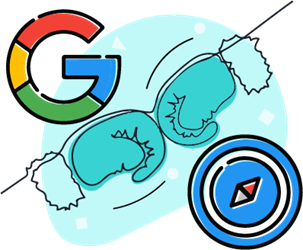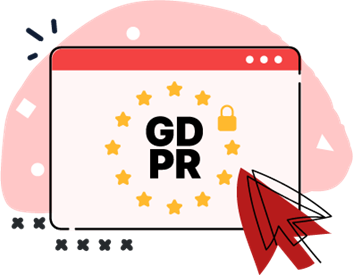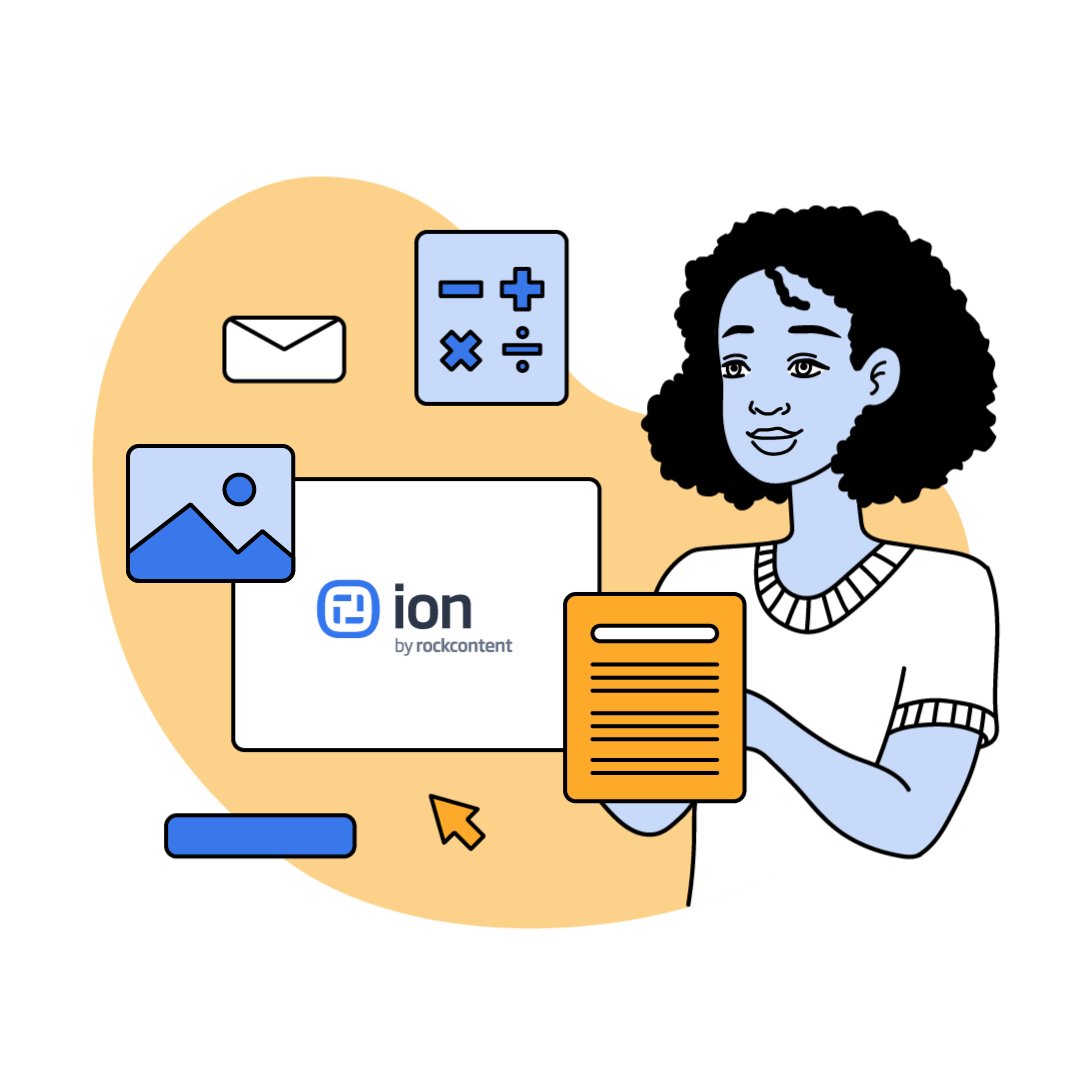Discover how creating Interactive Content experiences can change your game
strategy and identify opportunities for growth.

Montulli is a certified internet pioneer. He helped develop Linux, and he's responsible for other innovations such as blink tags, HTTP proxying, and server pushing. He created these elements during his time at Mosaic Communications Corporation, which later became Netscape. Before internet cookies, the web was largely passive. Then, E-commerce sites realized the value of tracking customers and this spurred action.
There was a time when Microsoft Internet Explorer was the go-to web browser. In 1996, over one million people downloaded the software when version 3.0 dropped. A year before, Microsoft bet on cookies by integrating support in Explorer 2.0. This vote of confidence ensured that cookies would become the norm.


The privacy debate surrounding cookies goes all the way back to the beginning. Journalist Tim Jackson warns of the potential for chicanery. He likens cookies to a store writing to a customer about their shopping habits from security camera observation. Without this article, the general public would not know about cookies.
Due in part to the Financial Times article, the FTC (Federal Trade Commission) held two hearings about the privacy dangers of internet cookies. Around the same time, Montulli recommended that internet cookies be prohibited. Unfortunately, advertisers saw infinite dollar signs on the technology and exploited it.





Although Montulli applied for a patent for internet cookies back in 1995, the U.S. Patent Office didn't approve it until 1998.
Even with the hearings and warnings from various organizations, internet cookies were used unabated until 2011. That year, the EU passed the e-Privacy Directive, which forced websites to get permission from users before deploying cookies. This law set the standard for how cookies would be handled moving forward.


Safari is the default web browser for Apple products. Google had an agreement with the browser not to install third-party cookies without a user's knowledge. The tech giant broke that agreement and did it anyway. As a result, the FTC fined Google $22.5 million. Google paid this fine and as a result, this was the largest settlement payment for such a violation which the company paid. This was the largest settlement payment for a violation like this.
First-party cookies are those installed by the website you're currently visiting. Third-party cookies are those from different sites trying to track your information and habits. In 2014, websites were allowing more than 100 third-party cookies. With so many trackers, users can't keep up.


Perhaps due to the Google lawsuit, Apple developed a program to limit the number of third-party cookies on a site. ITP uses machine learning to identify and prevent cross-site tracking.
Like the e-Privacy Directive before it, the GDPR is designed to provide more transparency with cookies. However, this law is much more strict than the Directive, forcing all websites to have pop-ups to let people know that cookies are installed. Even though the GDPR is enforced in the European Union, sites worldwide obey it since Europeans can access them.


Since the main privacy concern is third-party cookies browsers have become much more proactive. While Safari's ITP system prevented cross-site tracking, Firefox blocked all third-party cookies entirely. Users would have to change the setting to allow for these cookies to be used.
Following Firefox's lead, Google Chrome started to block third-party cookies while users were in Incognito mode. This practice would set the stage for Chrome's complete ban of these cookies in three years.


Since the main privacy concern is third-party cookies browsers have become much more proactive. While Safari's ITP system prevented cross-site tracking, Firefox blocked all third-party cookies entirely. Users would have to change the setting to allow for these cookies to be used.
While third-party cookies are on life support, there's one point to remember: cookies are a necessary part of the internet.
Without session cookies, users would have to log onto individual pages as they browse a website. Social media platforms can't update users without them logging in every time.
So, even if advertisers can't target users with this technology anymore, something else may come along to replace it...




You may have already provided valuable insights to your audience with long-form static content such as ebooks and white papers or cool visuals like infographics. How about enhancing your results with engaging interactive content experiences that can capture declared data?
Ion is our SaaS platform to create interactive content pieces at scale. It can easily integrate with your marketing automation or CRM tool to smoothly share its wealth of explicit, descriptive, interactive content data.
Interactive content is quite a flexible solution since there are various formats you can deliver to your users. You can turn your existing content into interactive experiences and also create new channels to open a real two-way dialogue with your audience.
Even if you don't count on third-party data you will see that the shift to interactive can provide many benefits to your brand and boost your results.
1. Open a direct connection with users and capture declared data
2. Personalize content and optimize conversions
3. Feed your sales reps with golden data on prospects